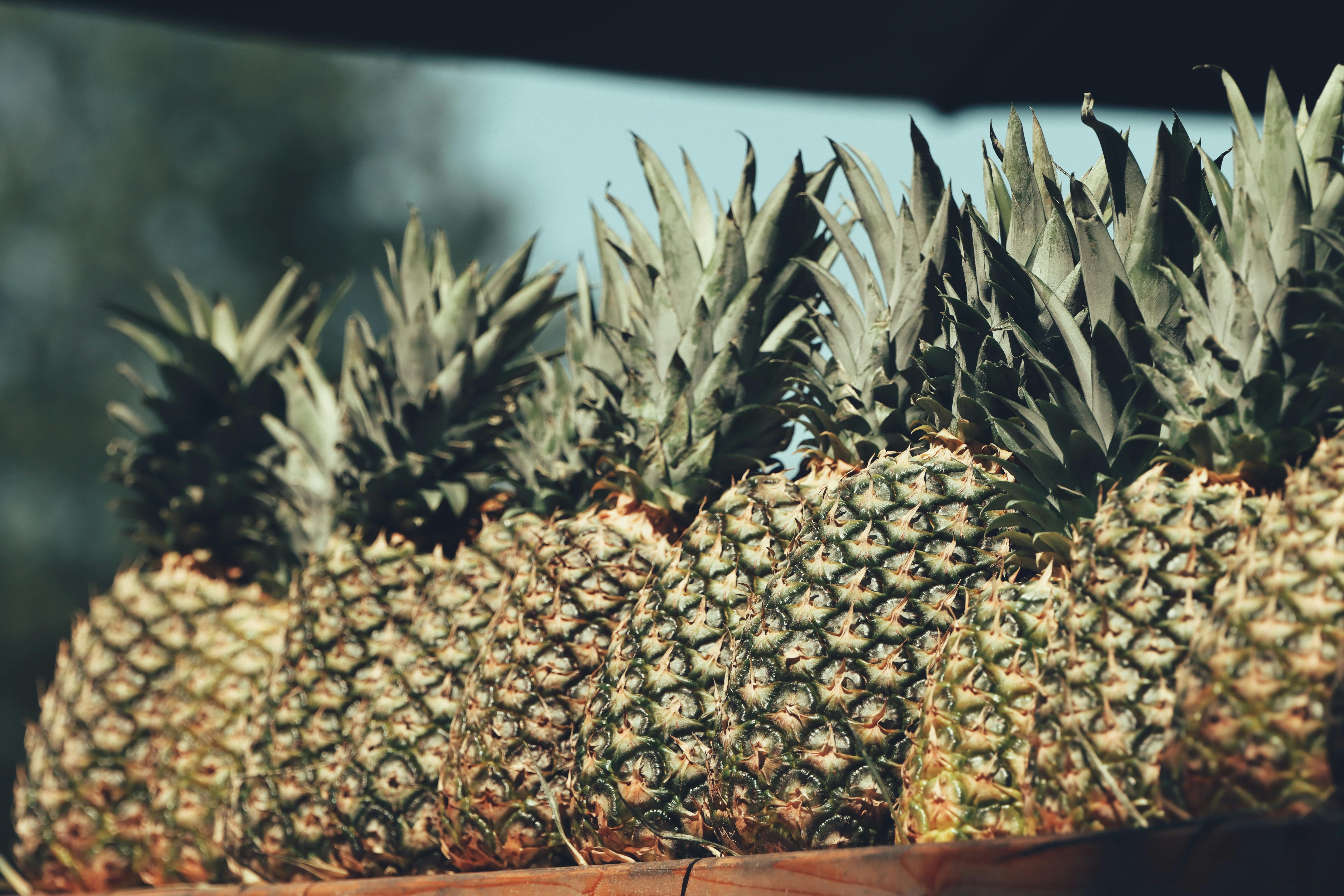Effective Ways to Repel Wasps: Discover Proven Techniques for Modern Pest Control in 2025
As warmer seasons approach, many homeowners find themselves facing the persistent challenge of wasps. These unwelcome guests can disrupt outdoor activities and pose risks of painful stings. However, understanding how to repel wasps effectively is key to enjoying your garden or backyard without fear. This article will delve into various techniques for keeping wasps at bay, focusing on both chemical and natural methods. From identifying potential wasp-attracting sources to implementing DIY solutions, you'll gain insights to create a wasp-free environment.
Furthermore, as we explore essential wasp control methods, including wasp repellent plants and homemade traps, you'll discover the advantages of natural repellents and seasonal management strategies. Our comprehensive roadmap will guide you on effective approaches to eliminate wasps and prevent their return, ensuring safe outdoor spaces for your family and pets.
Key takeaways include practical tips for using insecticides responsibly, natural deterrents that harmonize with your garden, and community strategies to manage local wasp populations. With the right knowledge, you can confidently tackle the challenge of wasps this year.

Understanding Wasp Behavior and Attracting Sources
To effectively repel wasps, it’s crucial to understand their behavior and what attracts them in the first place. Wasps are drawn to sweet foods, protein sources, and certain scents. By recognizing these factors, homeowners can take proactive measures to minimize wasp attraction.
Identifying Wasp Species and Their Habits
Different species of wasps have unique behaviors and habitats. Yellowjackets, for example, are particularly aggressive and often found near garbage, while paper wasps build intricate nests in sheltered areas. Awareness of these species can aid in tailoring your wasp control methods effectively. Understanding the seasonal activity of wasps is also important, as many species become more active during late summer when nests reach maximum size.
Common Wasp Bait to Avoid
Avoid leaving uncovered foods and drinks outdoors, which can attract wasps. Also, discard any trash that contains food residues into tightly sealed garbage cans. Additionally, eliminate sources of standing water, as wasps may use these for hydration.
Natural Scents and Deterrents
Certain scents can deter wasps from approaching your outdoor areas. Natural repellents such as peppermint, clove, and geranium essential oils are effective for keeping wasps away. Spray these oils diluted in water around patios, entryways, and gardens to create a wasp-free zone.
Building on these fundamentals, let’s explore effective methods of repelling wasps using natural strategies.
Natural Wasp Deterrents: Repellents and Plants
Natural wasp deterrents not only protect your space but also promote a healthier ecosystem. Incorporating wasp-repelling plants in your landscape can effectively deter these pests without harsh chemicals.
Best Garden Practices for Pest Control
Creating a wasp-repelling garden involves selecting specific plants. Herbs like basil, mint, and rosemary are not only beneficial for cooking but also act as effective barriers against wasps. Their strong scents can mask food aromas that would attract these insects.
Using Essential Oils to Repel Wasps
Essential oils are a powerful tool in your arsenal against wasps. A mixture of essential oils such as peppermint, clove, and eucalyptus can be combined with carrier oil or water to create a DIY spray. Regular application around outdoor seating areas can provide ongoing protection.
Implementing DIY Wasp Traps
DIY wasp traps are simple to make and can significantly reduce wasp populations near your home. One effective trap can be created using a plastic bottle filled with a sugar-water solution or beer. The wasps are lured inside and cannot escape, effectively lowering their numbers. Place these traps away from high-traffic outdoor areas to draw wasps away from your gatherings.

With these natural deterrents in mind, let’s delve into more practical wasp control methods and how to establish effective barriers to keep your space safe.
Effective Wasp Control Methods: Barriers and Traps
When it comes to controlling wasp populations, establishing effective barriers and traps is essential. This proactive approach can significantly diminish the risks associated with nearby nests and attractants.
Creating Effective Wasp Barriers
Using physical barriers such as fine mesh screens on windows and doors can prevent wasps from entering your living spaces. Additionally, sealing any cracks in walls and openings in the roof can deter nesting opportunities. Regular inspections can help identify potential entry points for these pests.
Seasonal Wasp Management
Seasonal wasp control is crucial. During spring and early summer, monitor for the emergence of nests in your vicinity. Removal services may be needed if nests are found in high-traffic areas. Regular vigilance can reduce the likelihood of wasp populations exploding towards late summer.
Understanding Wasp Nest Removal Options
When faced with a wasp nest, ensure safe removal methods are employed. For small nests, use a spray insecticide designed for wasps at night when they are less active. Alternatively, for larger hives, professional pest control services may be the safest option to avoid harmful stings.
In this context, it’s also worth exploring home remedies that can contribute to your overall wasp control strategy.
Home Remedies for Wasp Prevention and Elimination
Integrating home remedies into your pest control routine can offer both efficiency and eco-friendliness. Many at-home solutions are easy to execute and leverage common household items.
Safe Insecticides for Home Use
Homemade insecticides can be quite effective; a blend of dish soap and water can be used to suffocate wasps upon contact. Simply mix a ratio of one tablespoon of dish soap to two cups of water in a spray bottle and apply directly to the wasp or nest. This non-toxic solution can significantly aid in eliminating individual wasps.
Preventive Measures Against Wasp Attraction
Keeping your outdoor areas clean and free from food debris is essential. Regularly cleaning up spills and storing food properly during outdoor gatherings can deter wasps from frequenting your space. Avoid wearing bright colors and floral patterns as well, since they can attract wasps.
Wasp Hive Solutions for Long-Term Control
Long-term, effective pest management approaches involve monitoring and controlling wasp hive locations throughout the season. Regular checks will help you stay ahead and reduce the risks associated with new colonies forming. Utilizing natural predators, such as birds, can also promote wasp population control without the use of harsh chemicals.
Q&A: Addressing Common Concerns About Wasp Control
As homeowners navigate wasp control methods, common concerns arise. Here are some frequently asked questions and expert recommendations on how to handle wasps effectively:
How can I tell if I have a wasp nest nearby?
Look for wasp activity around your property, especially during warm months. Wasps often fly in and out of a specific area, which may indicate a nest nearby. Examine areas such as attics, eaves, and sheltered outdoor spots for nest presence.
What scents repel wasps?
Natural scents like peppermint, clove, and eucalyptus oils are known to repel wasps effectively. You can create a mixture with water and essential oils to mist around your outdoor dining or gardening areas.
Are there safe ways to kill wasps?
Yes, using a soap-water solution can safely suffocate wasps. For nests, consider using a commercial wasp insecticide at dusk when they’re less active, or hire pest removal services for larger hives.
What steps can I take to avoid wasp stings?
To avoid wasp stings, remain calm and still if one approaches you. Avoid sudden movements. Do not swat at them; this may provoke aggression. Additionally, steer clear of known nests and avoid eating outdoors during peak wasp activity times.
Can landscaping help reduce wasp problems?
Yes, landscaping can play a significant role in wasp prevention. Planting natural deterrents, keeping gardens tidy, and removing old nests from previous seasons contribute positively to reducing wasp populations.
In conclusion, effectively repelling wasps entails a combination of understanding their behavior, proactive prevention measures, and implementing both natural and practical solutions. By combining various techniques, you can create a wasp-free outdoor environment for everyone to enjoy.
For more tips and detailed guides on pest control, you might find the following articles useful: Seasonal Wasp Management Strategies and Identifying Wasp Species for Effective Control.
